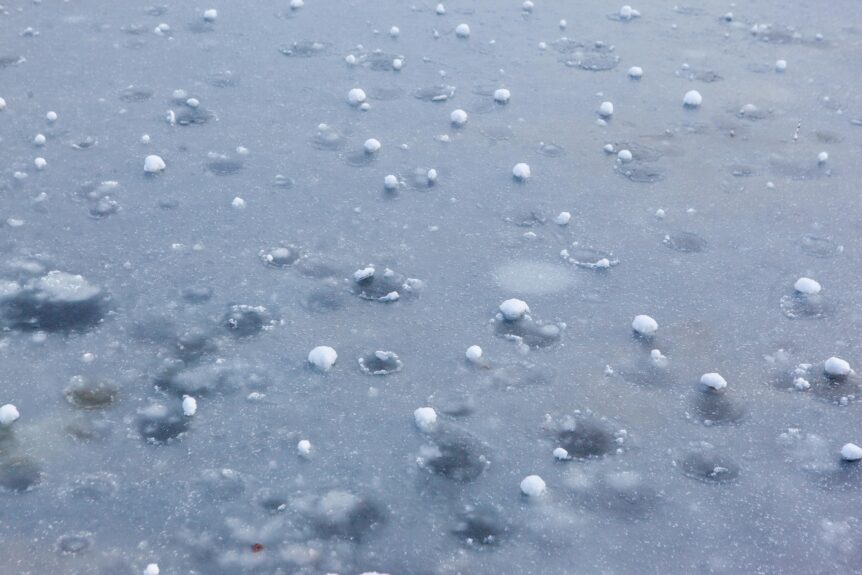Living in Florida exposes you to various weather risks, including hurricanes and thunderstorms, which can produce hail. One of the most common questions for homeowners here is, “Does Florida insurance cover hail damage?” Given the potential havoc a hailstorm can wreak on your property, especially the exterior of your home, understanding your insurance coverage is vital.
How Long Does it Take to File a Hail Claim in Florida?
Under Florida law, insurance policies are binding agreements between you and your insurance provider. In 2023, Florida encountered 23 reports of on-the-ground hail by trained spotters and has been under severe weather warnings 44 times in the past 12 months, affecting a range of properties from residential homes to commercial buildings. When filing a property damage claim, your policy serves as your roadmap, outlining the timeframe within which you must report damage to your insurer. Failing to do so within this window can result in your claim being denied.
Upon reporting a claim under your homeowner’s insurance policy, the insurer must furnish you with a Homeowner’s Claims Bill of Rights within 14 days. This document outlines the timelines the insurer must adhere to during the claims process, ensuring transparency and accountability.
Does Florida Insurance Cover Hail Damage?
Yes, Florida homeowners’ insurance typically covers hail damage to your property. If you have an HO-3 policy, one of the most common types, it generally covers all perils unless expressly excluded. This includes windstorms and hail.
Coverage Breakdown:
- Coverage A (Dwelling Coverage): This protects your home’s physical structure, such as the roof, siding, and chimney, against hail damage.
- Coverage B (Other Structures Coverage): Detached structures on your property, like garages, sheds, or gazebos, fall under this coverage. Damage to these structures caused by hail is typically included in your policy’s protection.
Insurance companies may impose particular limits or deductibles for hail damage claims. Depending on your policy’s terms, once your claim is approved, you’ll receive compensation based on Actual Cash Value (ACV) or Replacement Cost Value (RCV).
- Actual Cash Value (ACV): This reimburses you for the depreciated value of your property, considering its age and wear. It reflects the current market value of your damaged roof, for instance.
- Replacement Cost Value (RCV): This coverage ensures your insurer pays the cost to replace your damaged property with new materials of similar quality, minus any deductible. Initially, you might receive a check for the ACV. Once repairs or replacements are completed, you can claim the withheld amount, known as recoverable depreciation.
What Happens if I File a Claim Late?
Timing is critical when it comes to filing insurance claims. While prompt reporting is ideal, unforeseen circumstances may delay your ability to file. If you submit a claim after the specified reporting period, your insurer may assert a “late notice defense.”
In Florida, there is a presumption that late notice prejudices the insurer’s ability to investigate appropriately. However, this doesn’t automatically invalidate your claim. You can still pursue compensation by demonstrating that the delay didn’t harm the insurer’s investigation process. This could involve proving that the late filing didn’t compromise the insurer’s ability to assess the damage.
Contact an Experienced Florida Property Damage Attorney
Now that we’ve answered the question, “Does Florida insurance cover hail damage?” it’s clear how important it is to have expert guidance. At RRBH Law, we specialize in helping Florida residents navigate insurance disputes and secure fair compensation for property damage. Contact us today at 305-800-4663 to schedule your consultation and ensure your property is effectively protected.

